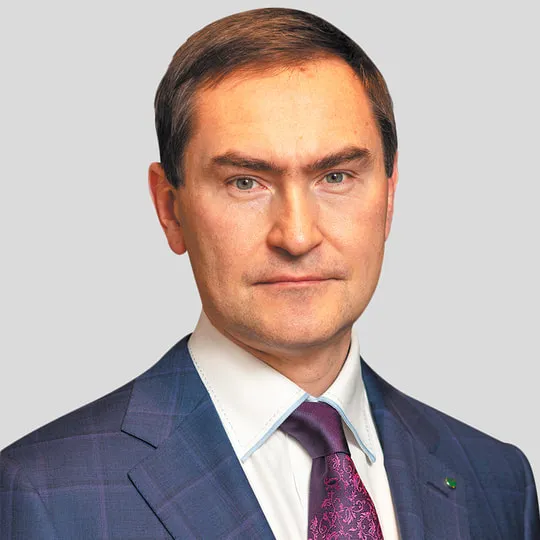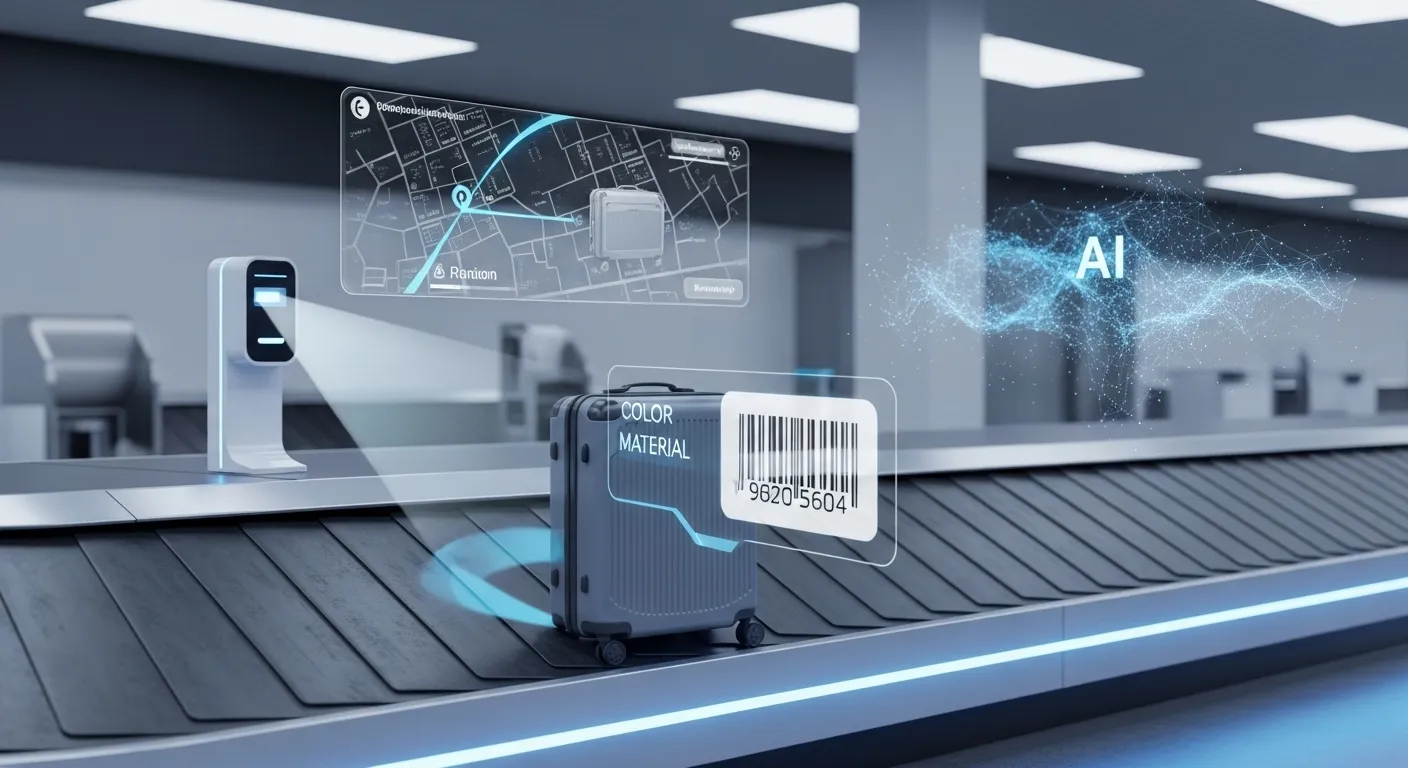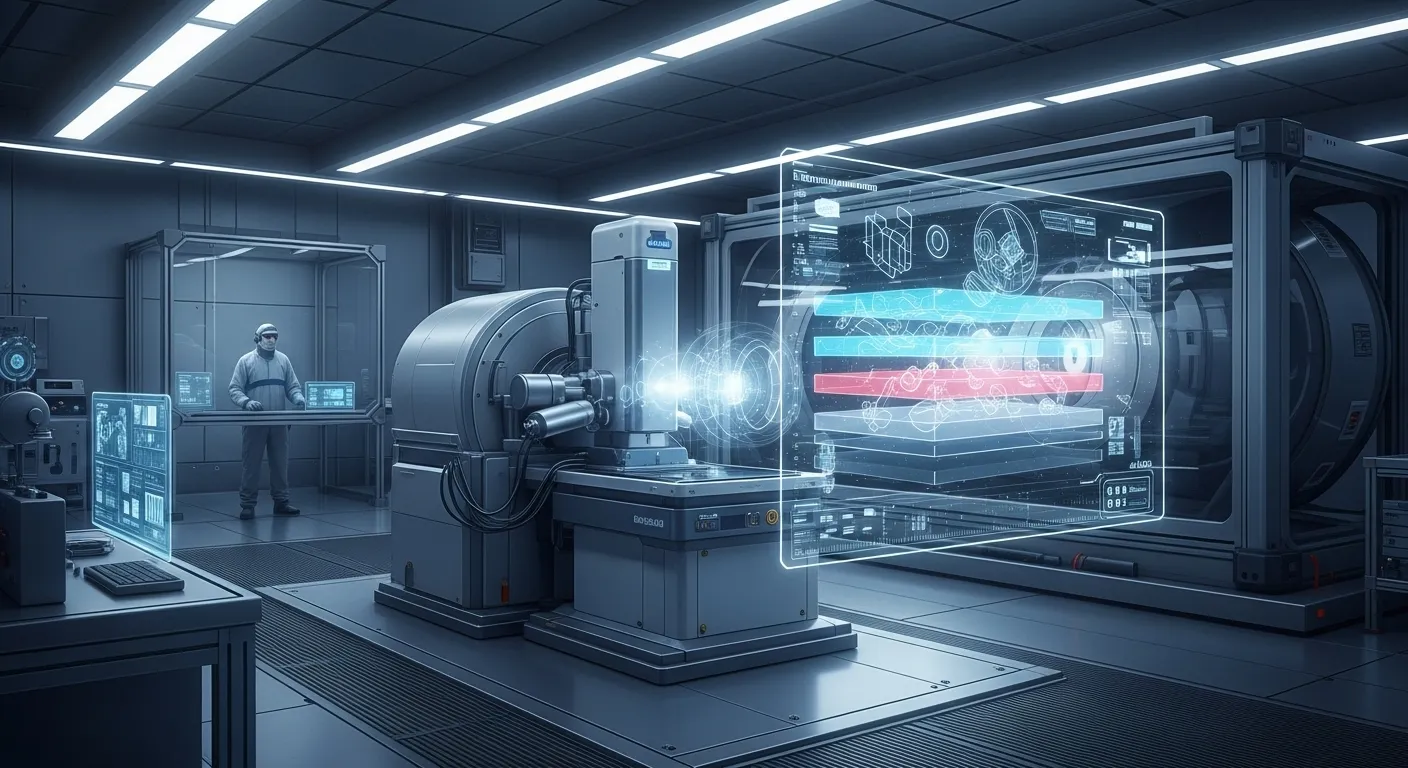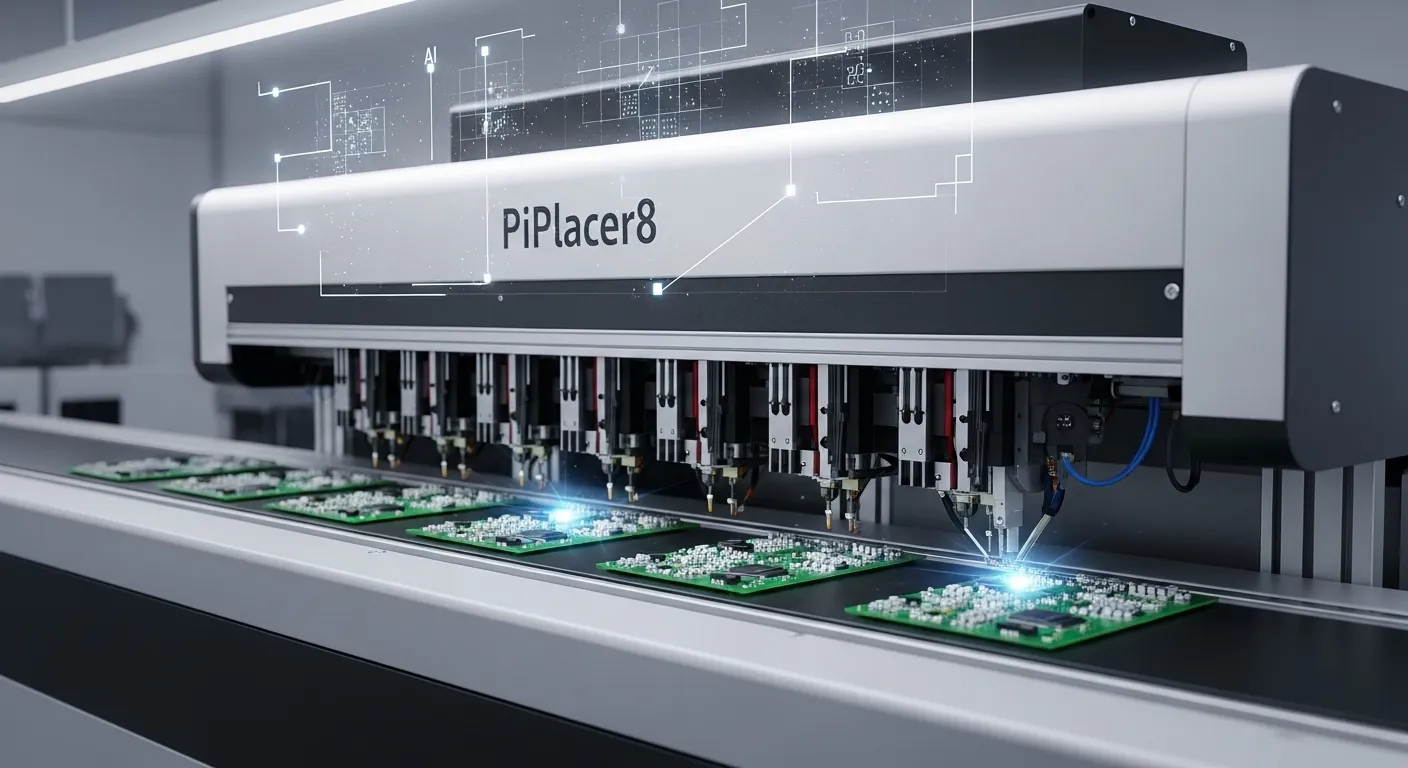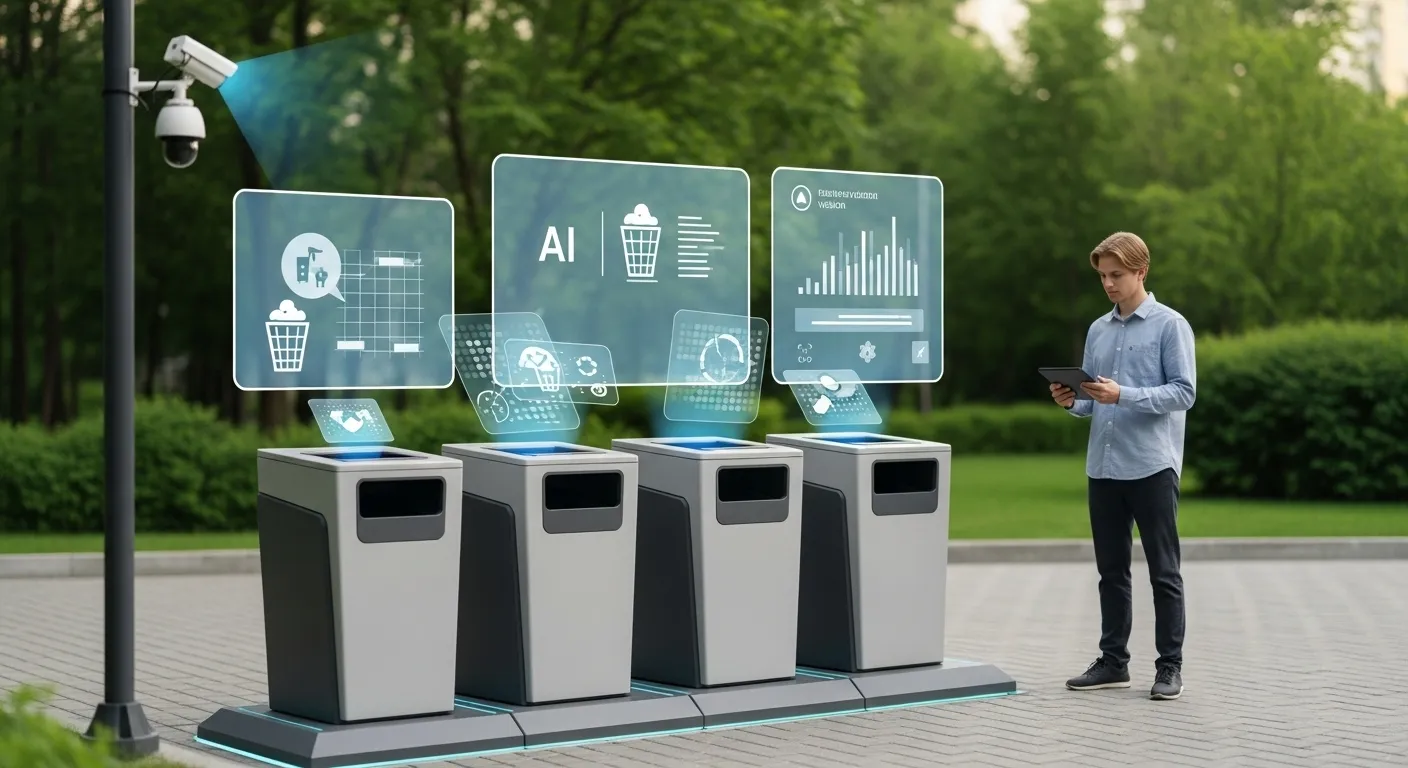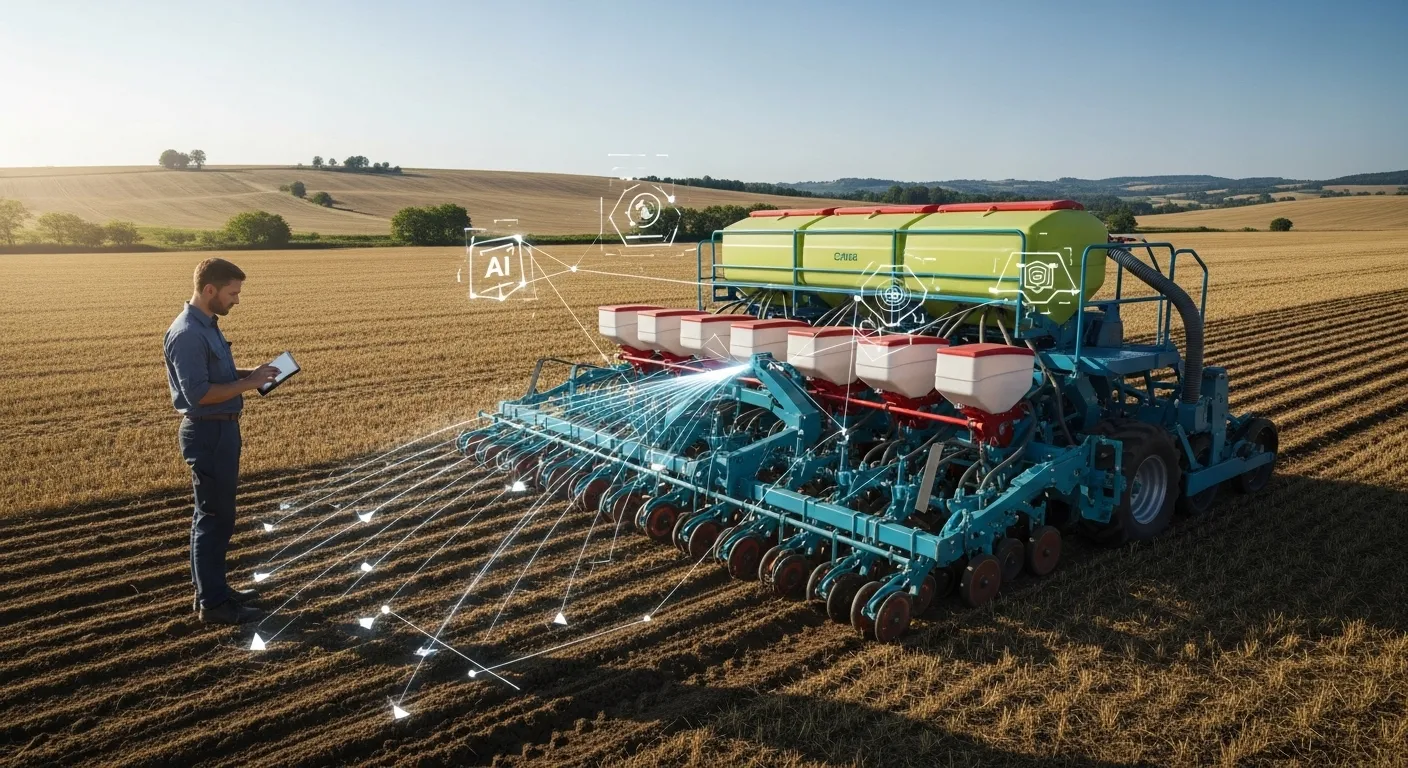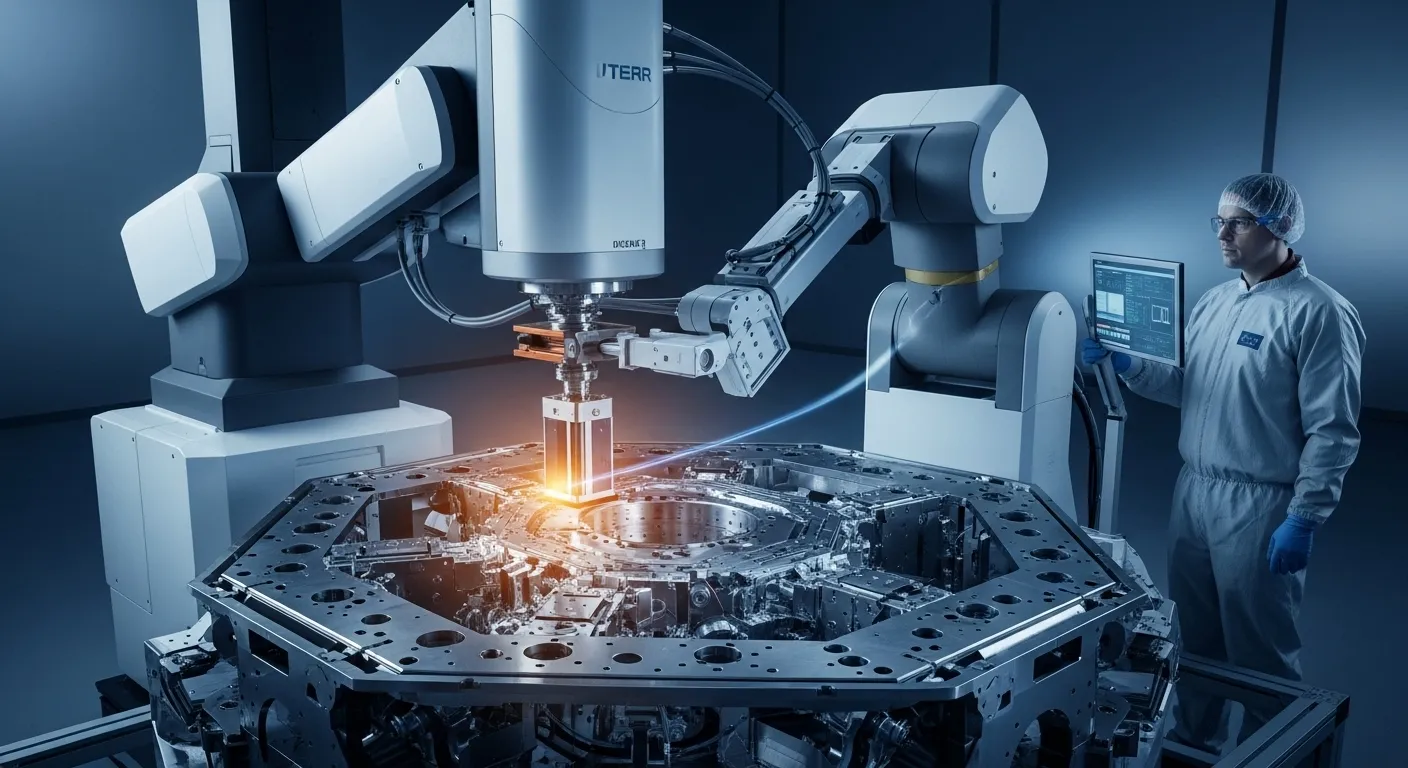Investing in Youth and AI: How Russian Students Are Building the Future of Tech

In recent years, Russia has seen a surge in youth interest in tech entrepreneurship. Thanks to large-scale acceleration programs launched by Sber in partnership with government agencies and educational platforms, high school and college students are developing real-world innovations, joining startup teams and even securing investment. This marks a new model for developing the domestic IT industry.
Projects That Turn into Investments
In recent years, Russia has seen a surge in youth interest in tech entrepreneurship. Thanks to large-scale acceleration programs launched by Sber in partnership with government agencies and educational platforms, high school and college students are developing real-world innovations, joining startup teams and even securing investment. This marks a new model for developing the domestic IT industry.
Since 2020, over 200,000 participants from all 89 Russian regions — and from 24 other countries, including Armenia, Belarus, Kazakhstan, Kyrgyzstan, Tajikistan, Turkmenistan and Uzbekistan — have taken part in these programs. Together, they have launched over 4,000 projects, many reaching MVP or prototype stage. Importantly, participants benefit in tangible ways: extra points on national exams, university admissions waivers, and access to professional startup support.
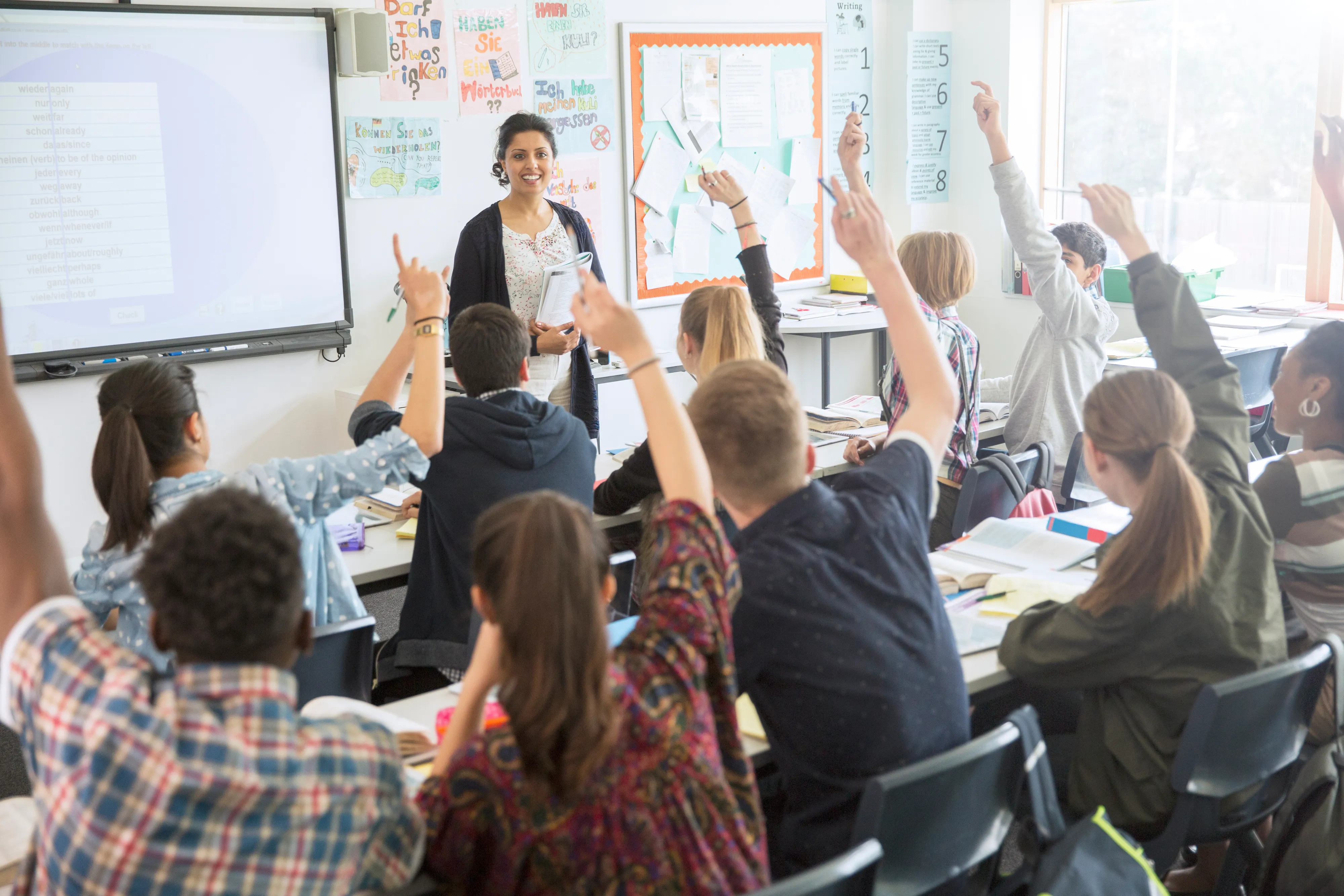
Since 2022, 95 program alumni have raised more than 620 million rubles in investment — a sign of the market-readiness of these youth-driven solutions.
Innovation Without Leaving Home
For Russia’s IT sector, Sber’s accelerators are shaping a new generation of tech leaders, promoting venture culture and expanding national innovation capacity. For regions, they offer young people the chance to build high-tech businesses without relocating to Moscow or St. Petersburg. For the international community, it’s a scalable model other countries may want to follow.
The programs provide full-cycle support — from MVP development to market launch and funding. And they’re not limited to university students. In June 2025, a nationwide 'AI Challenge' competition was launched to engage teens in developing AI-based solutions. In April, Russia held the final round of its first National Entrepreneurship Olympiad, co-organized by Sber and the Ministry of Education.
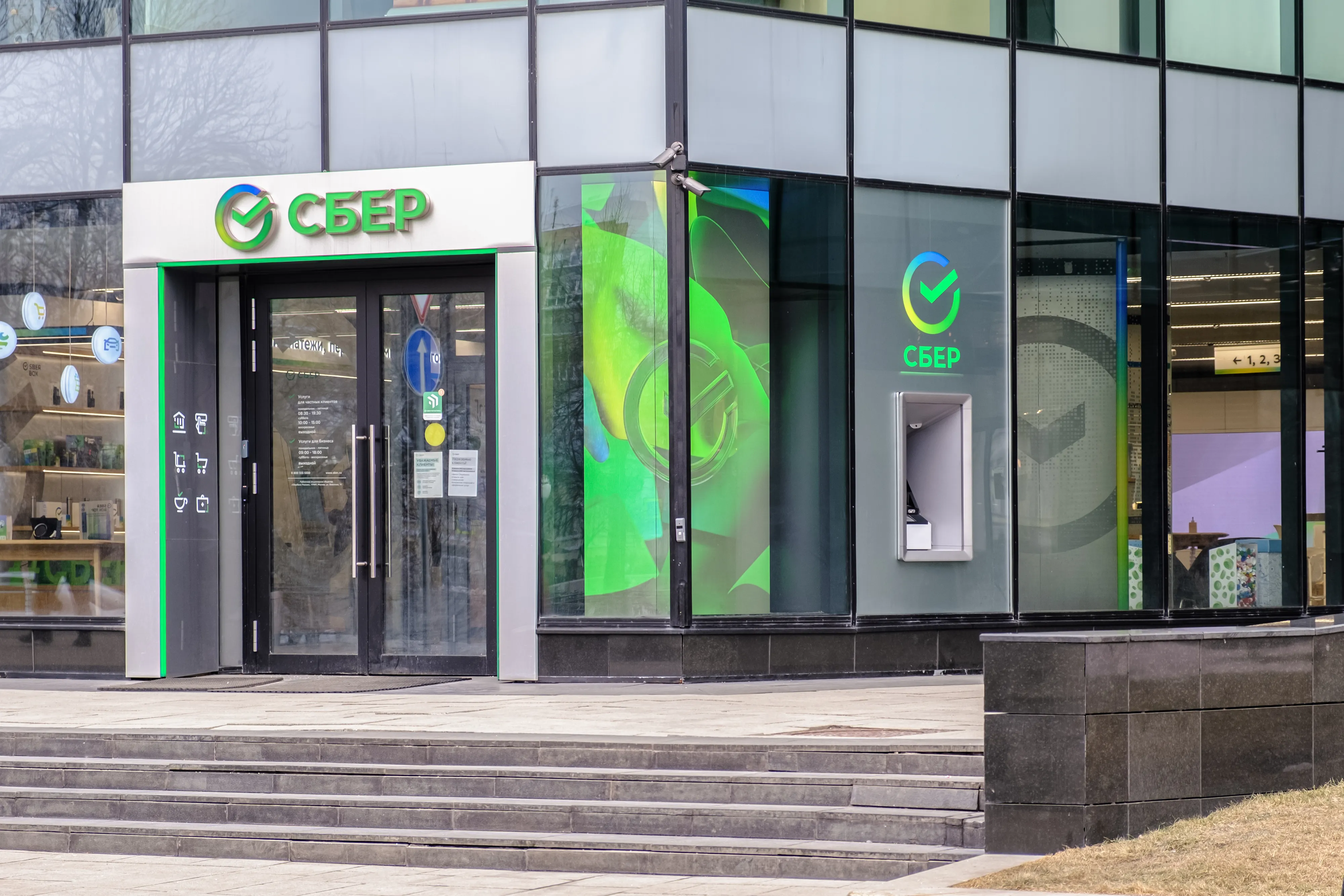
Regional startup hubs have also launched, like the 'TechnoVostok 2030' center in Vladivostok, which offers grants of 3 to 10 million rubles, intensive training, and expert mentoring.
Public-private partnerships play a crucial role in these efforts. In addition to Sber, Yandex is launching AI accelerator programs for high schoolers. The Ministry of Education has added these initiatives to its list of official intellectual competitions that provide bonus points on college entrance exams.
The 'Priority 2030' initiative is another key policy, supporting three university development tracks: education, research and innovation. By 2030, the goal is to create more than 100 advanced universities as drivers of Russia’s scientific, technological and socioeconomic progress.
Building a Startup Culture in Schools
Multiple federal programs now support youth entrepreneurship in Russia. Students can win grants to launch and grow their startups through initiatives like ‘Student Startup’ by the Foundation for Assistance to Innovation, ‘University Startups’ by Skolkovo, and grants from the Russian Information Technology Development Fund. One of the newest initiatives is the 'Startup as a Diploma' program.

The 'Entrepreneurial Class in Moscow Schools' project stands out for its comprehensive approach. Students learn how to develop business ideas, manage finances and navigate regulations.
"Entrepreneurship should start as early as high school," says Mikhail Provizion, founder of the freelance platform Konsol.Pro. "It helps students shed idealized notions of business and develop a realistic understanding of what it takes to build something that works."
This area shows great promise. Russian IT solutions have export potential, and the fact that applications now come from 24 countries shows the global relevance of these products. Domestically, new educational models will continue to take shape.
Startup creation and project-based thinking are increasingly seen as new social elevators — giving talented youth from all corners of the country real chances to launch businesses and access financial support.


